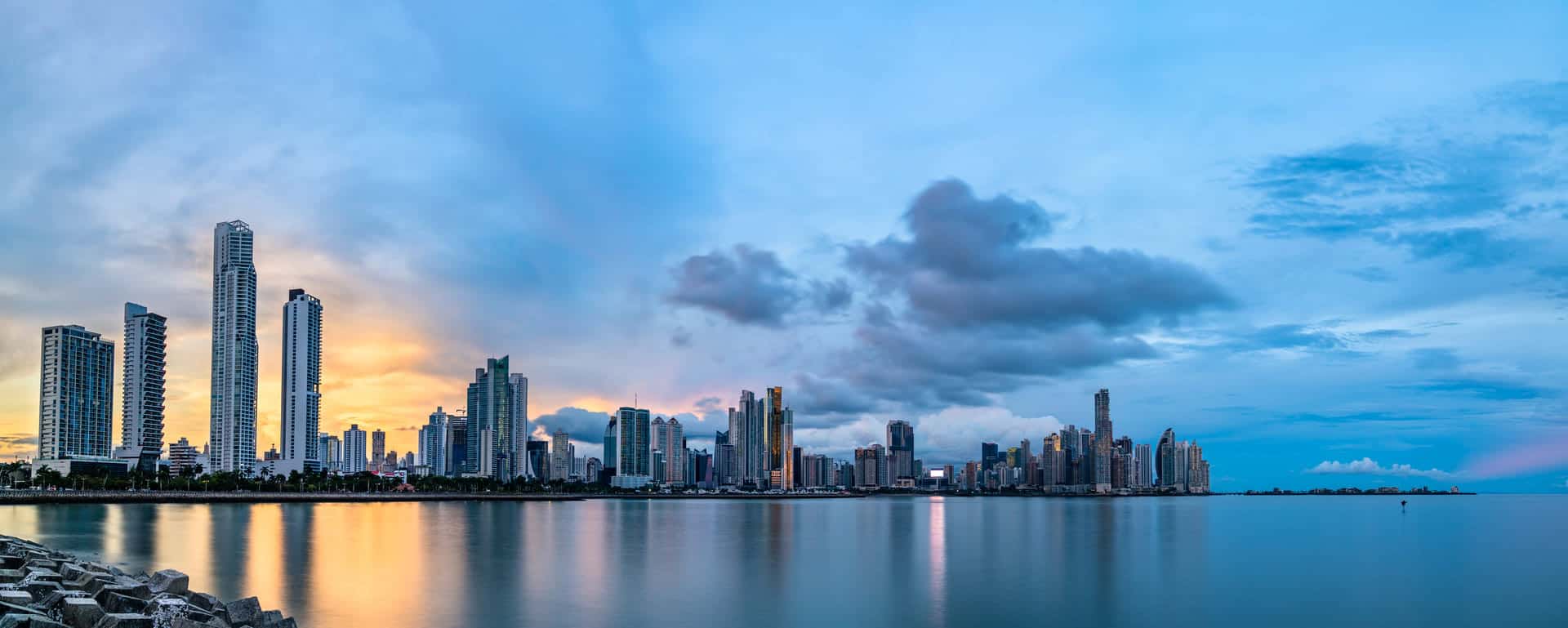When embarking on the journey to acquire real estate in Panama, one cannot overlook the crucial step of a thorough home inspection. This process not only ensures you are making a sound investment but also saves you from potential costly repairs in the future. Have you ever considered what might be lurking beneath that fresh coat of paint or behind those newly installed cabinets?
Understanding Structural Integrity
The foundation, walls, and roofing form the critical structural components of any property, demanding scrutiny during a home inspection. These areas are prone to rapid deterioration, posing both safety hazards and potential financial burdens for repairs. Issues like a cracked foundation or a sagging roof can significantly impact the negotiation process, often leading to a reduced purchase price. Essential structural elements to assess encompass the foundation for cracks or shifts, the roof for missing tiles or indications of leakage, and the walls for unevenness or visible cracks. Identifying these concerns is imperative, as they may indicate broader underlying issues requiring substantial investment to remedy. Failure to address these aspects during an inspection could result in unforeseen expenses post-purchase, caution maintenance experts.
Systems Check: Electrical, Plumbing, and HVAC
The operational systems of a home—electrical, plumbing, and HVAC—are critical to daily comfort and safety. A comprehensive systems check should include:
- Electrical: Inspect the condition of the fuse box, test all outlets, and ensure there are no exposed wires.
- Plumbing: Look for leaks, test water pressure, and examine the conditions of the pipes and water heater.
- HVAC: Check the age and condition of the furnace and air conditioning unit, and make sure all systems are functional.
This part of the home inspection is not just about functionality; it also relates to safety. Faulty wiring can pose fire hazards, while poor plumbing can lead to water damage, both of which are expensive to repair. As pointed out by a seasoned inspector, “The state of the home’s systems can heavily influence the negotiation process, as they impact both the property’s safety and its long-term maintenance costs”.

Interior and Exterior Examination
When inspecting a property, it’s essential not to overlook the interior and exterior details that could signal larger issues. For example, peeling paint might indicate past water damage, while cracks in the exterior stucco could suggest foundational shifts.
Consider these areas during your examination:
- Interior: Doors, windows, floors, and ceilings for functionality and signs of underlying damage.
- Exterior: Siding, paint, and stucco condition, as well as the integrity of balconies and railings.
It’s not just about aesthetics; these elements can also reveal clues about the overall care and maintenance of the property over time.
Potential Health Hazards: Mold, Radon, and Pests
In Panama’s humid climate, health hazards such as mold and pests are prevalent and can pose significant risks if not properly managed, especially during home inspections. Mold, commonly found in humid environments, can lead to health problems and structural damage. Another concern is radon exposure, although less common, which is associated with lung cancer. Pests like termites, ants, and other wood-destroying organisms can compromise the home’s structural integrity. Experts emphasize the importance of prospective buyers being vigilant about mold and pest inspections, as overlooking these issues can result in significant health and structural problems. Thoroughly checking these aspects during inspections can prevent future health risks and additional costs, ensuring the property’s livability and value.

Navigating the Home Inspection Process
Understanding the home inspection process is essential for any buyer. Choosing the right inspector and knowing what to expect can make a significant difference in how effectively you use the inspection results.
How to choose and what to expect from a home inspector:
- Credentials: Ensure the inspector is certified and qualified.
- Scope: Understand what the inspection covers. Standard checks include the home’s heating and air systems, plumbing, and electrical systems, but you might need additional checks for pests or radon.
- Attendance: Buyers are encouraged to attend the inspection to see the issues firsthand and ask questions.
Conclusion
In conclusion, the final report from a home inspection can significantly influence your decision to buy. It highlights both minor and major issues, providing a basis for negotiation or even reevaluating the purchase. Conducting a detailed home inspection is a critical step in purchasing a property in Panama. By focusing on the structural integrity, systems check, and potential health hazards, and understanding the inspection process, you equip yourself with the knowledge needed to make an informed decision. Whether you’re an investor, expat, or retiree, ensuring a property meets your standards before finalizing the purchase can save you from future troubles and expenses.






